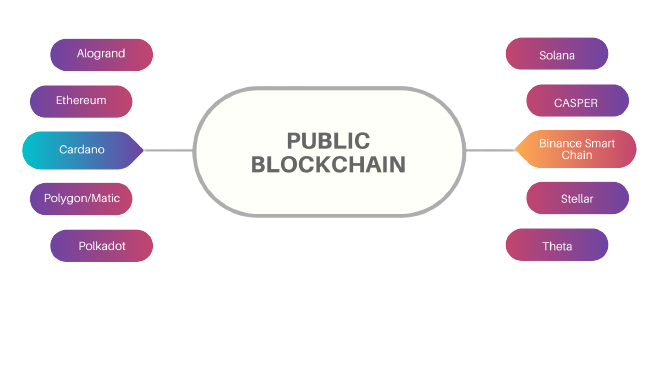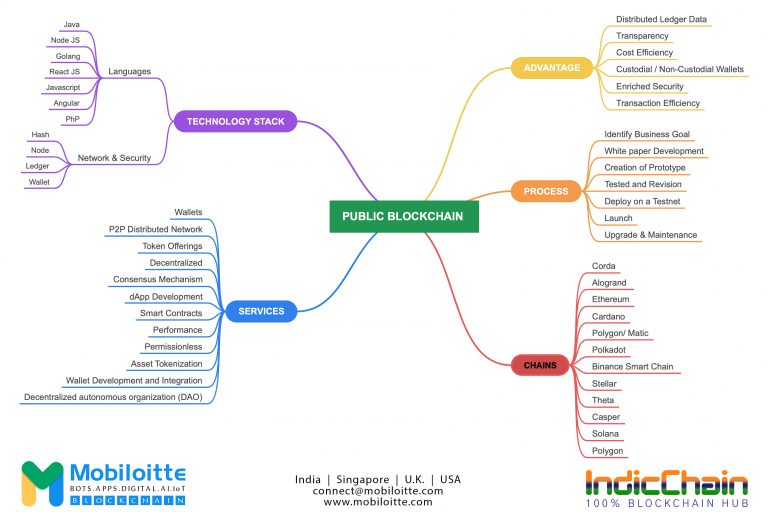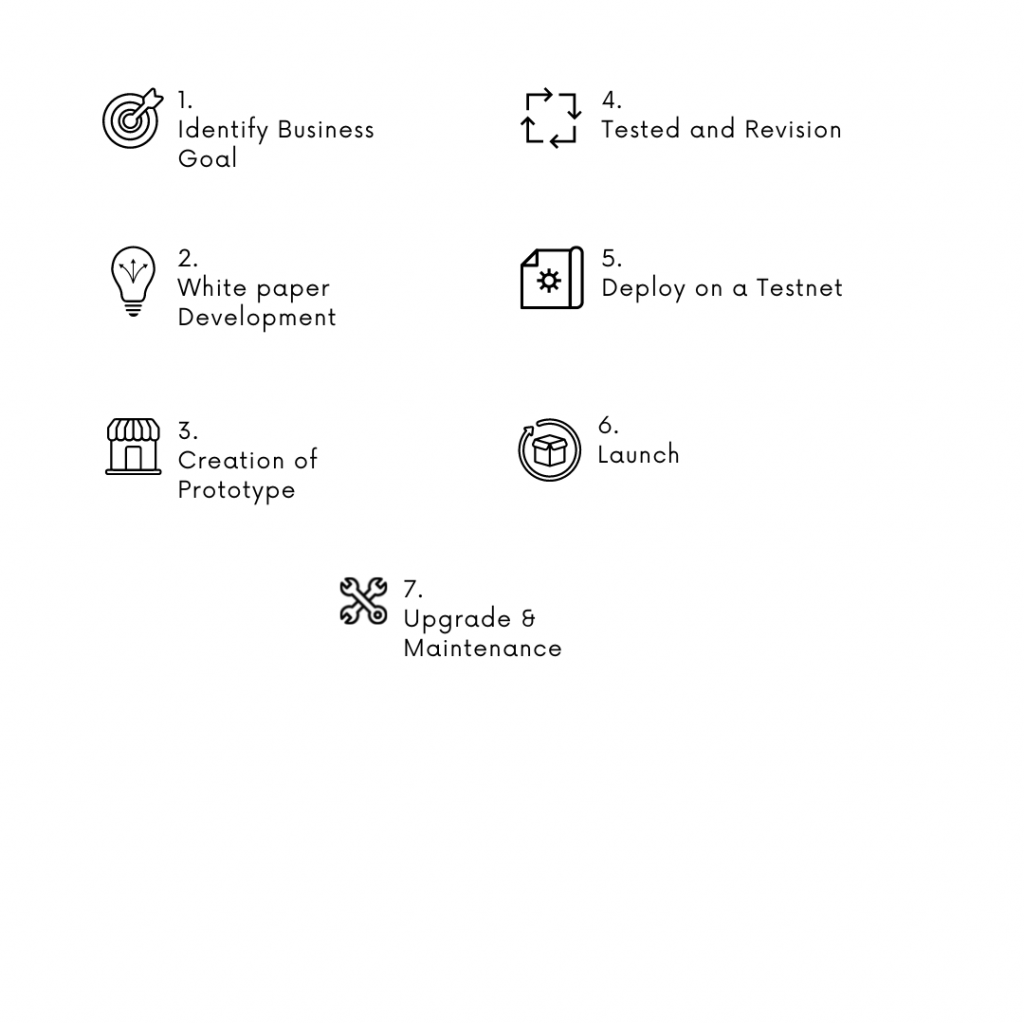Decentralization
The term “decentralization” is used to describe the process by which power and decision-making authority are moved from a centralized entity to a distributed network in the context of Blockchain technology. Participants in a decentralized network are required to have a lower level of trust in one another, and decentralized networks work hard to limit their ability to exercise power or control over one another in a manner that would be detrimental to the network’s overall performance.
P2P Distributed Network
The peer-to-peer network, more frequently referred to as P2P, is a decentralised network communications paradigm that consists of a number of devices (nodes) that store and distribute data collectively, with each node acting as an individual peer. Peer-to-peer networks are also known as P2P networks. P2P communication is carried out in this network in the absence of any central administration or server; hence, all nodes are endowed with the same amount of power and are responsible for the same activities.
Token Offering
Token Offering combine the Blockchain technology with the requirements of regulated securities markets in order to facilitate greater liquidity of assets and wider availability of finance. STOs are typically the practice of issuing digital tokens in the form of regulated securities within the context of a Blockchain platform.
Wallet
Users are able to store, manage, and trade their cryptocurrencies with the use of a blockchain wallet, which is a digital wallet. The company Blockchain also offers a wallet service under the name Blockchain Wallet. This service is supplied by Blockchain. This is an electronic wallet that gives users the ability to store, receive, and send cryptocurrency.
Consensus Mechanism
Blockchain technology makes use of consensus techniques in order to manage all of the nodes that are responsible for processing transactions on the network. It ensures that all of the nodes on the network are synced with one another and agree on a single consensus over which transactions are valid so that they may be added to the Blockchain.
DApps Development
Decentralized applications, often known as dApps, are open-source software programs that allow users to interact with smart contracts (for example, tokens) that are executed on a peer-to-peer network of servers. These apps could be built on top of a wide variety of Blockchain systems, including Ethereum, EOS, Hyperledger, Polkadot, and others.
Smart Contracts
Smart contracts are computer programs that are stored on a Blockchain and are activated automatically when certain criteria are satisfied. They are often used to automate the execution of an agreement so that all parties involved can be immediately certain of the results. This eliminates the need for any intermediary and prevents any waste of time as a result of their involvement.
Performance
The trustworthiness, safety, transparency, and traceability of data that is distributed over a corporate network can all be improved with Blockchain technology, which also results in cost savings and new efficiency. A distributed and unchangeable ledger that only members with permission to access can view is at the heart of Blockchain technology for business.
Wallet Development and Integration
The introduction of Blockchain as a technology served the single purpose of easing the process of conducting cryptographic currency transactions in a risk-free manner by means of a reliable decentralized network that organized data into blocks and chained together its records.
Asset tokenization
Asset tokenization refers to the process wherein an issuer produces digital tokens on a distributed ledger or Blockchain that represent either digital or physical assets. These tokens can be used interchangeably to represent either type of asset.








